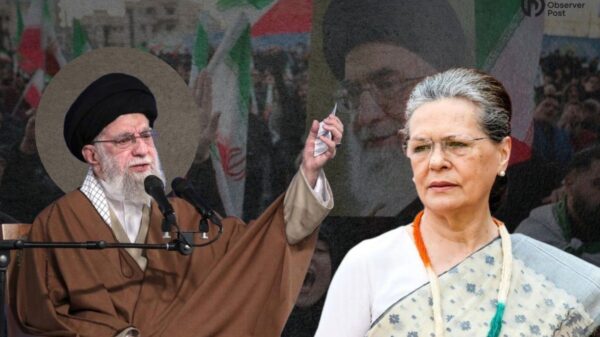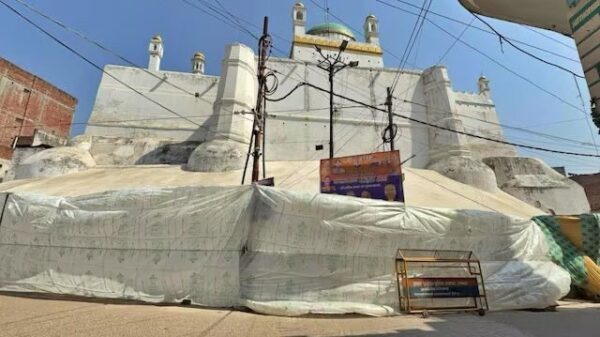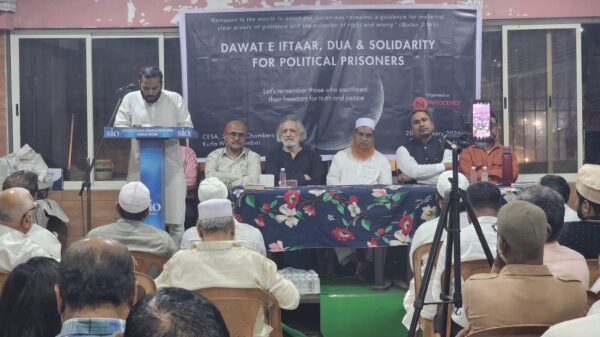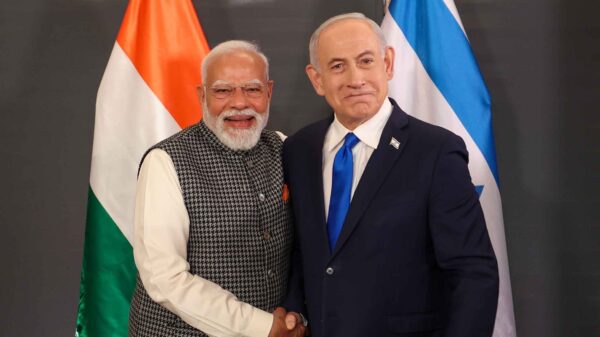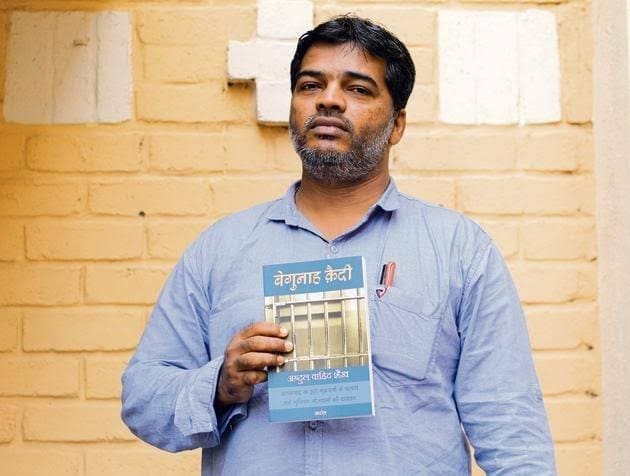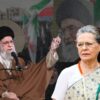Meenakshi Kandpal
Abdul Wahid Shaikh, who was the only person acquitted in the 7/11 Mumbai train blasts case by the trial court in 2015, has approached the National Human Rights Commission (NHRC), the State Human Rights Commission, and the National Commission for Minorities, seeking compensation of ₹1 crore for each year he spent wrongfully imprisoned. Shaikh points to mounting debts of nearly ₹30 lakh, setbacks in his professional life, and the lasting social stigma he has faced as grounds for his claim. He also refers to past NHRC-directed compensations in wrongful detention cases, such as those awarded to ISRO scientist Nambi Narayanan (₹10 lakh in 2001), Fauji Ansari in Jharkhand (₹2 lakh in 2012), and Mohammad Amir (₹5 lakh in 2014).
In his petition to the NHRC, Shaikh highlighted the profound toll that nine years of wrongful imprisonment had on both his personal and professional life. He explained that he had deliberately delayed filing for compensation to ensure that his co-accused in the 7/11 case, who were also innocent, could secure similar relief. Shaikh’s claim is reinforced by the Bombay High Court’s recent ruling, which reiterated the baselessness of the case and recognized the prolonged violation of fundamental human rights.
Shaikh described the impact of his incarceration, noting that it caused a complete disruption to his career, education, and personal growth. He stated that the stigma of being falsely labeled a “terrorist” continues to affect him even after his acquittal. He also explained that he refrained from seeking compensation earlier out of concern for his co-accused, fearing that the State might retaliate against them if he pursued his claim. With the acquittals now finalized, Shaikh asserts that the case’s fraudulent nature is clear, making his demand for compensation both legitimate and urgent. He emphasized that seeking redress at this stage is a matter of justice for the years he unjustly spent in prison.
In India, the question of compensation for wrongful imprisonment remains a complex and evolving issue. While the Constitution guarantees the right to life and personal liberty under Article 21, it does not prescribe automatic financial redress for those wrongfully detained. Over the years, however, various judicial pronouncements and commissions have recognized the need to provide monetary compensation to victims of state action gone wrong, emphasizing that wrongful incarceration often causes irreparable harm to an individual’s career, finances, and reputation.
The Supreme Court of India has, in several judgments, affirmed that compensation should be granted to victims of unlawful detention. In the landmark case of DK Basu v. State of West Bengal (1997), the Court underscored the importance of protecting fundamental rights and held that violators of personal liberty could be liable to compensate the affected individual.
Despite these precedents, compensation in India remains inconsistent and case-specific, often depending on whether the individual approaches judicial or quasi-judicial bodies like the NHRC. The amounts awarded are generally modest relative to the years of wrongful incarceration, leaving victims to bear substantial economic and social consequences. Scholars and activists argue for a more structured statutory framework that sets clear guidelines for eligibility, quantum of compensation, and timelines, ensuring that victims of judicial errors or police excesses are adequately compensated without unnecessary delay.
Many nations recognize that imprisonment without just cause causes irreparable harm to an individual’s liberty, finances, reputation, and mental health, and have therefore enacted laws or policies to provide compensation.
Across the world, compensation for wrongful incarceration is often more structured and generous than in India. Countries such as the United States, Canada, the United Kingdom, France, and Germany have statutory or court-mandated schemes that provide financial redress per year of wrongful imprisonment, along with additional benefits like healthcare, job training, lost wages, and social reintegration support. For instance, the U.S. offers up to $100,000 per year in some states, while Canada provides up to CAD 2 million annually under its federal scheme. European nations similarly provide automatic or court-ordered compensation, recognizing both economic and psychological harm. By contrast, India’s approach remains largely case-specific and inconsistent, with awards often modest and delays prolonged, highlighting a need for a clear statutory framework to ensure timely and adequate relief for victims of wrongful detention.
Meenakshi Kandpal is a sustainable development professional and aspiring journalist with a Master’s in Social Science from TISS and a Diploma in Journalism. Her expertise spans sustainable livelihood, natural resource governance, and environmental conservation. With a passion for investigative journalism, she drives meaningful development narratives.






